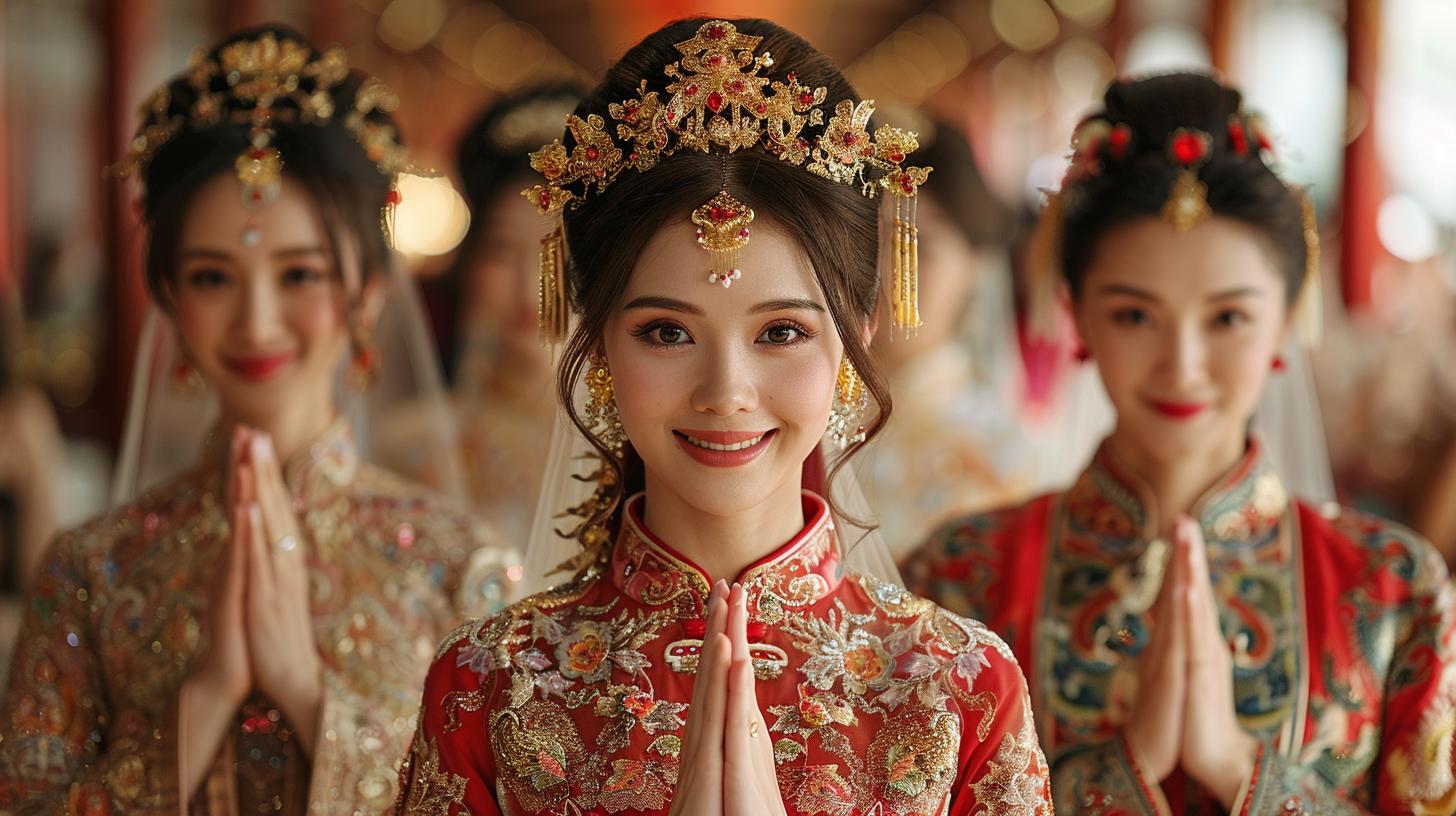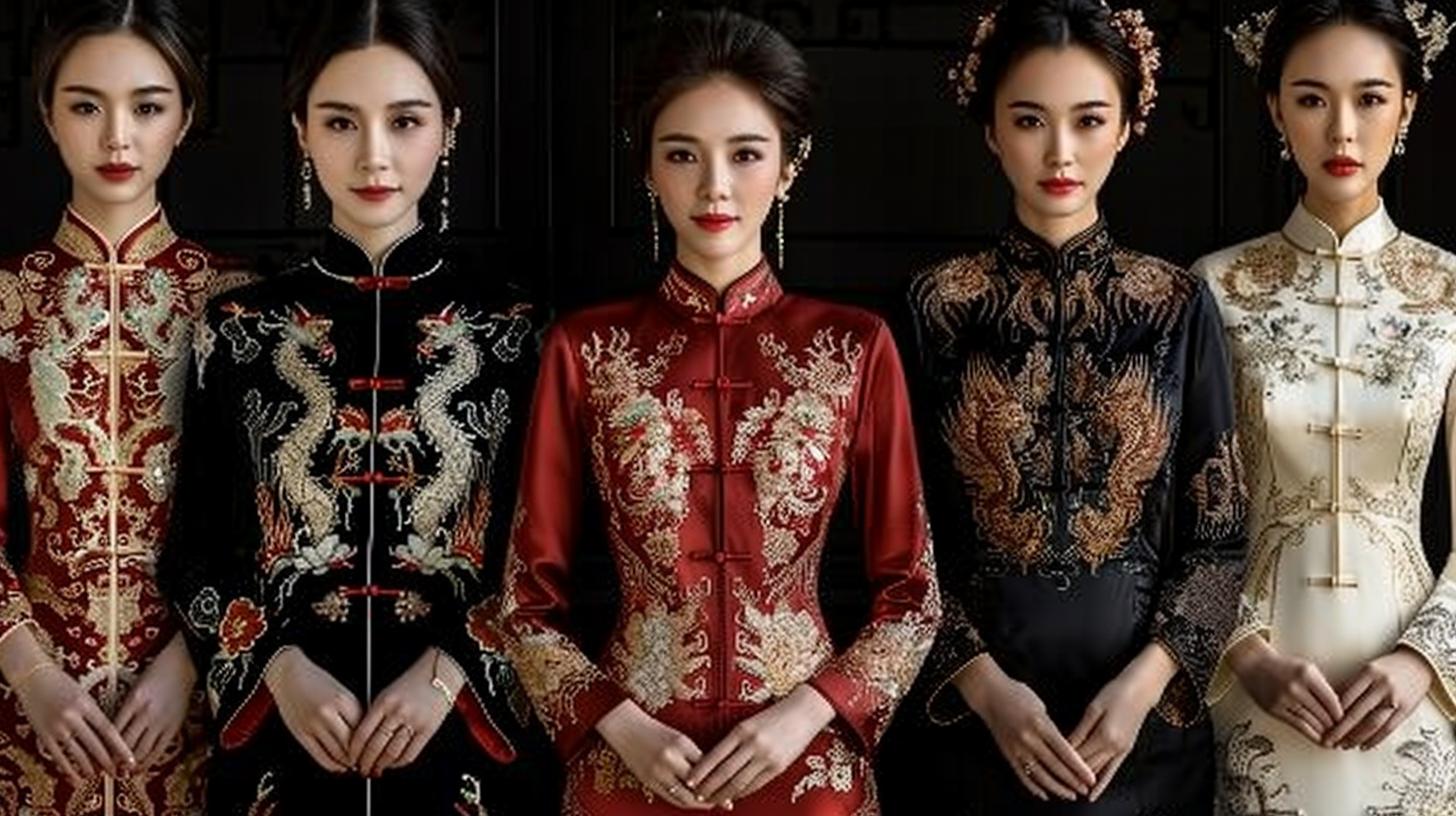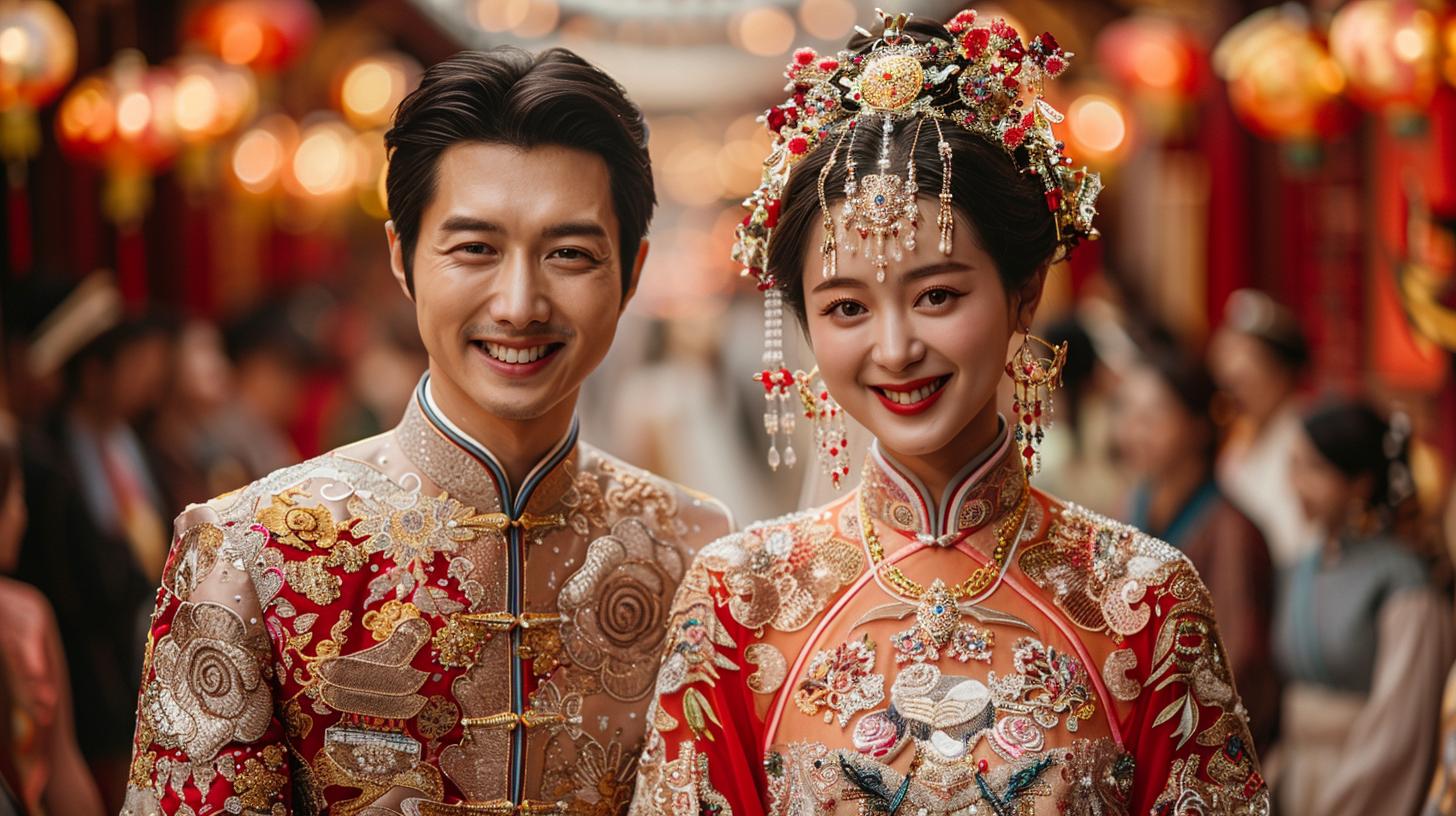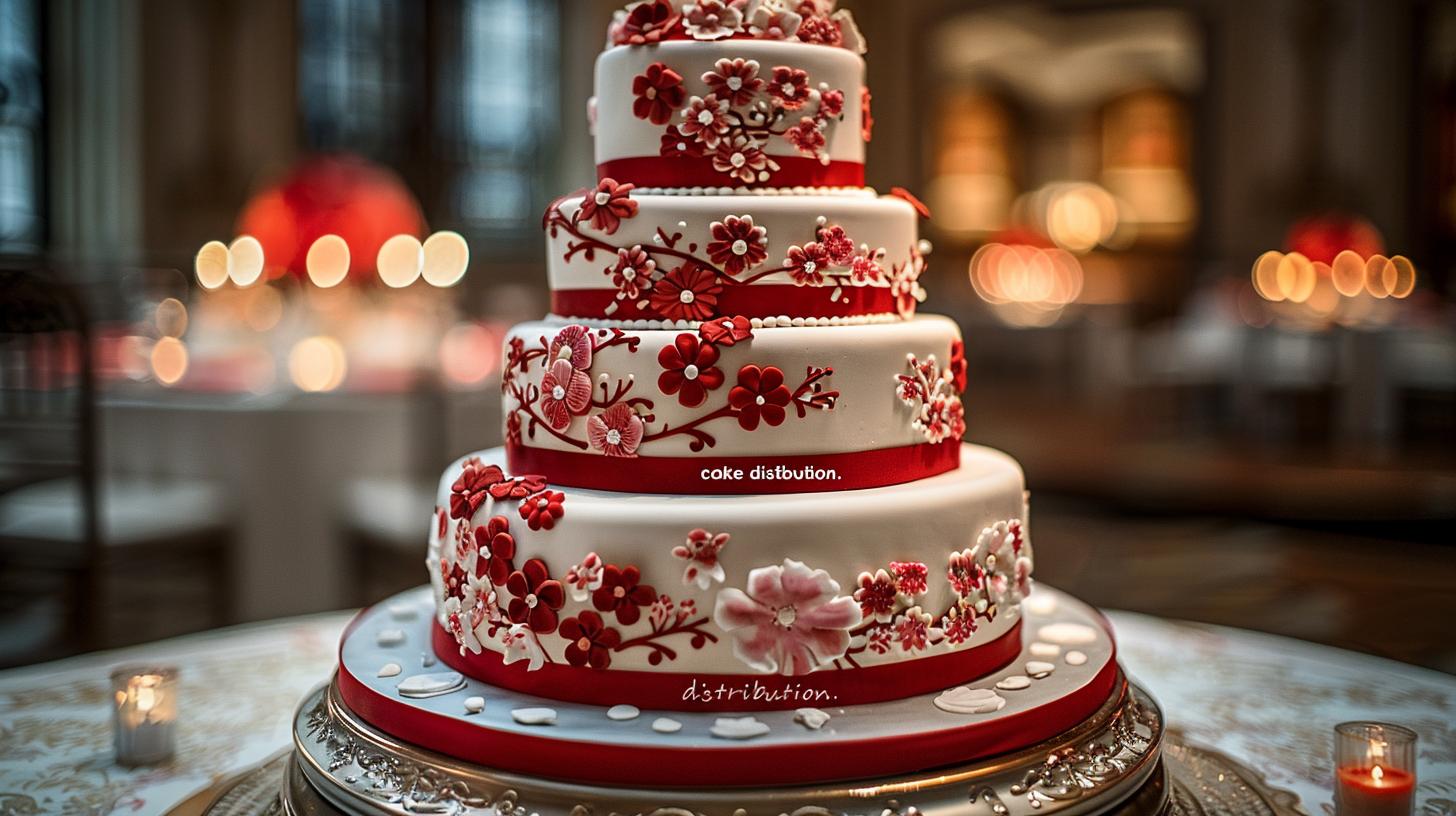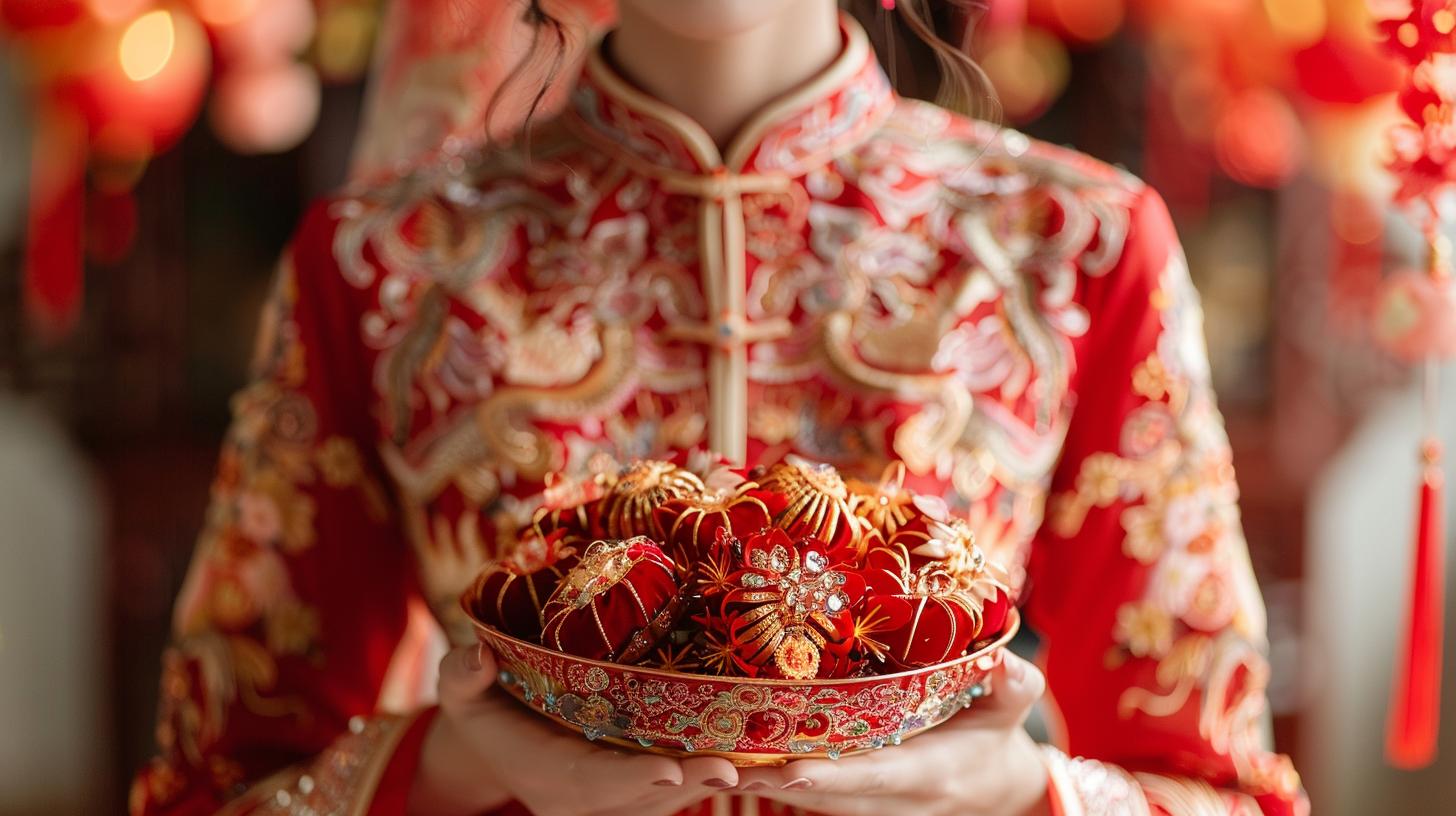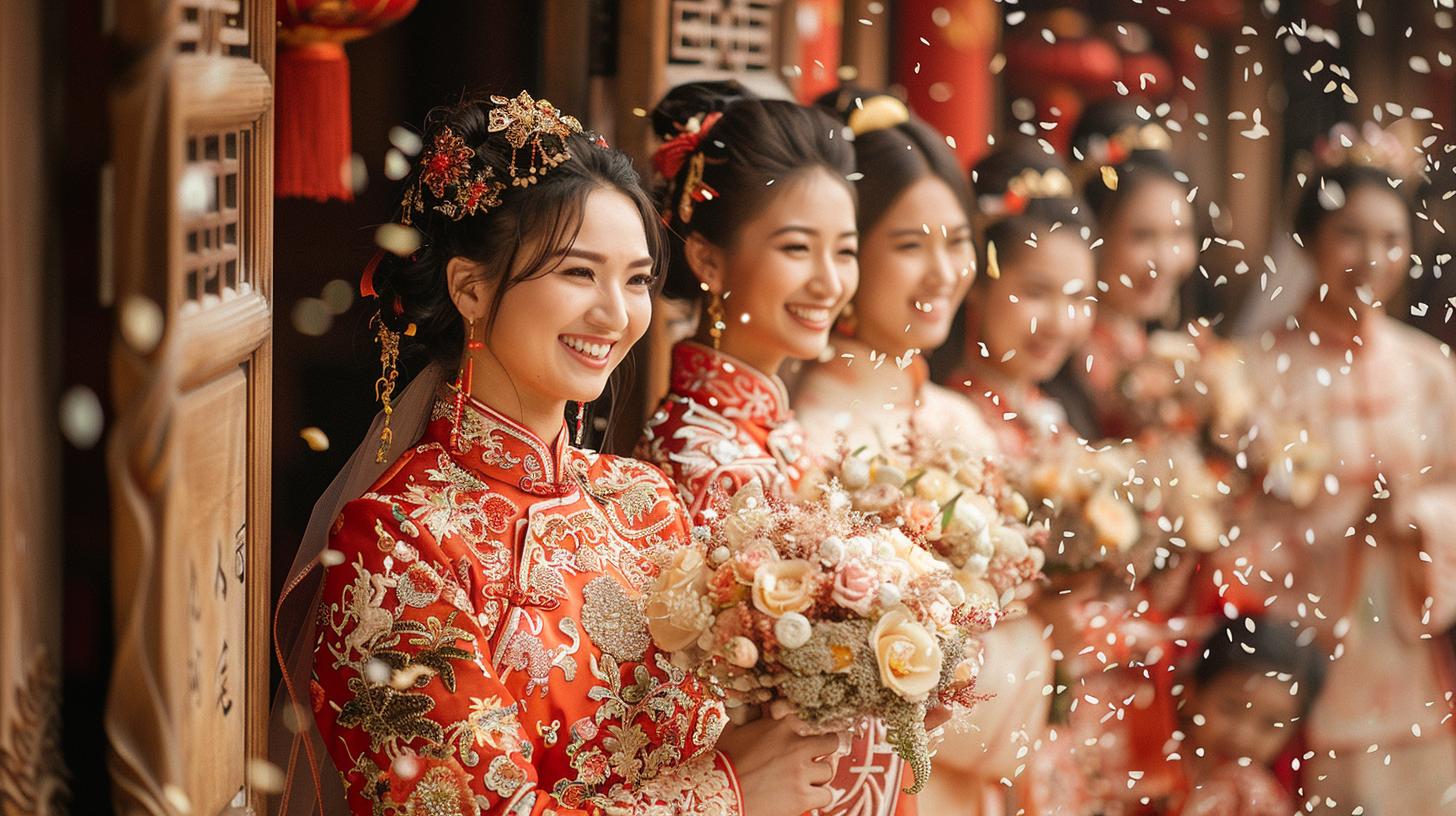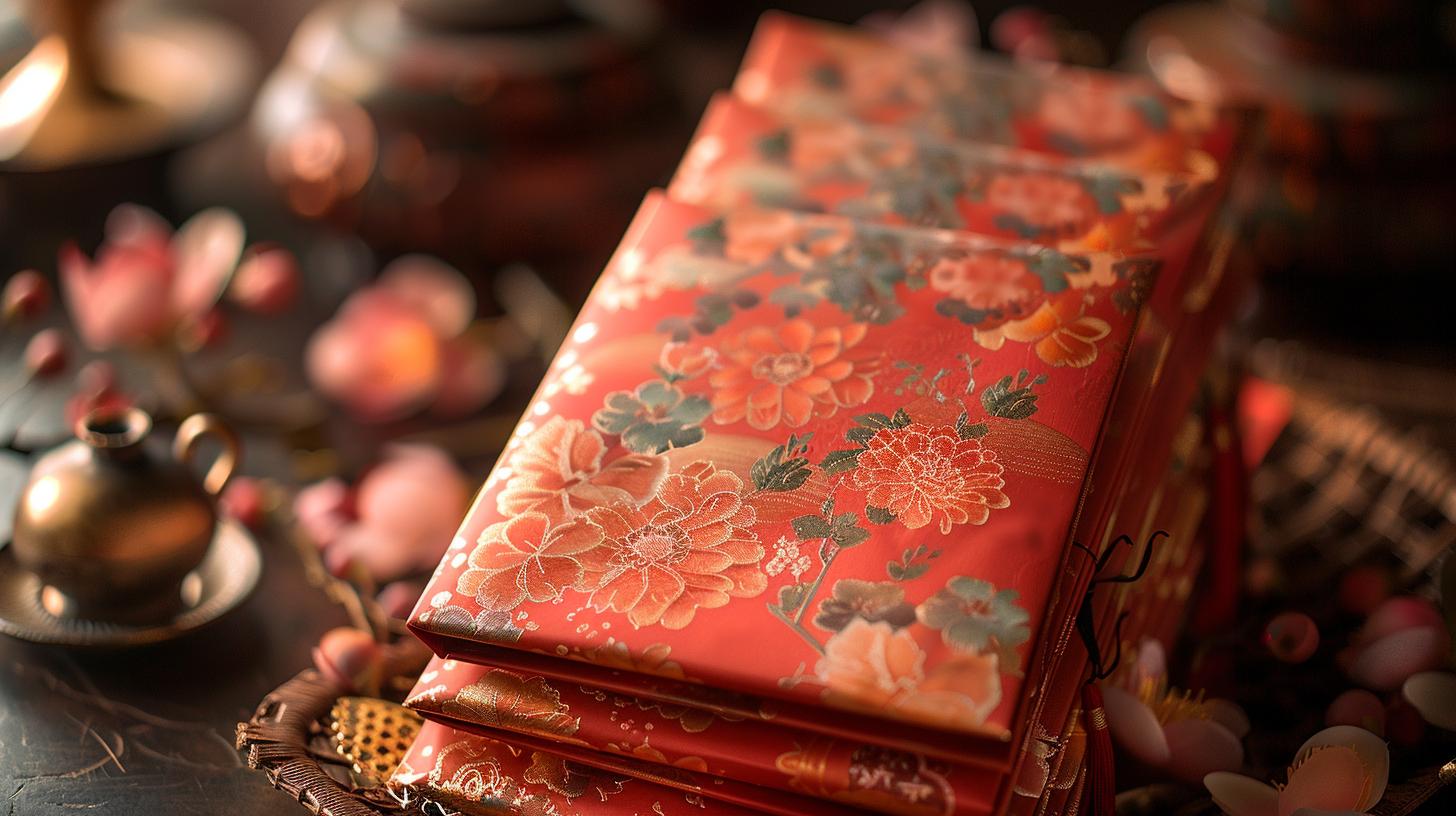Chinese Traditional Wedding Ceremony: A Symbolic Celebration of Love and Family
Chinese Traditional Wedding Ceremony is a rich celebration filled with symbolism and tradition. From betrothal gifts to tea ceremonies, every detail holds deep meaning. The vibrant red and gold decorations, along with symbolic animals like dragons and phoenixes, add to the auspicious atmosphere of the ceremony.
The unity of families through rituals like the groom’s arrival and door games underscores the importance of family bonds in Chinese weddings.
List of Chinese wedding tips and advices
Overview of Chinese Wedding Traditions
The traditional Chinese wedding ceremony is a time-honored celebration rich in symbolism and customs that date back centuries. From the exchange of betrothal gifts to the intricate rituals of the tea ceremony, every aspect of a Chinese wedding is steeped in tradition and meaning.
Symbolism and Customs
Chinese wedding traditions are full of symbolism, with each ritual representing something meaningful for the couple and their families. The exchange of gifts symbolizes the union of two families, while the tea ceremony is a gesture of respect and gratitude towards parents and elders.
Traditional Chinese weddings are a reflection of the values of filial piety, respect for tradition, and the importance of family harmony.
Traditional Wedding Attire
The attire worn by the bride and groom in a traditional Chinese wedding is symbolic and significant. The bride typically wears a red qipao or cheongsam, symbolizing luck and happiness, while the groom wears a black silk coat and embroidered robe, representing dignity and prosperity.
Pre-Wedding Rituals in Chinese Culture
Pre-wedding rituals in Chinese culture are steeped in tradition and symbolism, reflecting the importance of family and the sanctity of marriage.
Guo Da Li: The Betrothal Gifts
Guo Da Li, the betrothal gift ceremony, is a significant pre-wedding tradition where the groom’s family presents gifts to the bride’s family as a formal symbol of their intention to marry.
Choosing an Auspicious Wedding Date
The selection of an auspicious wedding date is a crucial part of Chinese wedding planning, believed to influence the success and harmony of the marriage. Couples consult with experts to identify a propitious date based on Chinese astrology and cultural beliefs.
The Double Happiness Symbol
The Double Happiness symbol, often seen in Chinese weddings, represents marital bliss and unity. It is an essential element in Chinese wedding decor, showcasing the couple’s desire for a harmonious and joyous union.
Wedding Day Preparation and Ceremonies
Wedding Day Preparation and Ceremonies are filled with symbolic rituals and customs that are deeply ingrained in Chinese culture. From the bed setting and hair combing ritual to the tea ceremony and gold exchange, each step holds significance and meaning.
Bed Setting and Hair Combing Ritual
The bed setting and hair combing ritual are essential parts of the Chinese wedding day preparations. The bed is traditionally arranged with auspicious items to bring luck and fertility to the newlyweds.
The hair combing ritual symbolizes the transition to a new phase of life and the bride’s obedience and respect for her elders.
Tea Ceremony and Gold Exchange
The tea ceremony is a heartfelt tradition that symbolizes respect and gratitude towards parents and elders. The bride and groom serve tea to their relatives in a specific order, receiving blessings and well-wishes in return.
The gold exchange represents the exchange of wealth and prosperity between families, ensuring a harmonious union.
Red and Gold Decorations
Red and gold are prominent colors in Chinese weddings, symbolizing luck, happiness, and prosperity. The wedding venue is adorned with red and gold decorations such as lanterns, flowers, and draperies to create a festive and jubilant atmosphere.
These vibrant colors are believed to ward off evil spirits and bring good fortune to the newlyweds.
Groom’s Arrival and Door Games
Upon the day of the traditional Chinese wedding ceremony, the groom arrives at the bride’s home amidst a jubilant atmosphere filled with vibrant colors and lively festivities. This symbolic event marks his willingness to overcome challenges and demonstrate his dedication to his soon-to-be wife and her family.
Traditional Door Games
As the groom arrives, he is met with a series of lighthearted challenges known as door games, meant to test his commitment and determination. These games serve as a way to showcase his love and respect for the bride while also seeking approval from her family.
From solving riddles to performing tasks, the groom must successfully complete each challenge to show his worthiness.
Fireworks and Dragon Dances
Accompanying the groom’s arrival are traditional dragon dances and colorful fireworks that fill the air with excitement and joy. These vibrant displays symbolize the banishment of evil spirits and the ushering in of good fortune and happiness for the newlyweds.
The energetic performances and loud cheers further enhance the celebratory atmosphere of the wedding day.
Incorporating Symbolic Elements in a Chinese Wedding
In Chinese wedding ceremonies, symbolism plays a significant role in creating a meaningful and auspicious event. Elements such as dragons, phoenixes, and mandarin ducks are carefully chosen to represent different aspects of the marital union.
Dragon, Phoenix, and Mandarin Ducks
- The dragon symbolizes power, strength, and good fortune in Chinese culture, often associated with the groom. Its presence in a wedding represents the masculine yang energy and protection for the couple.
- The phoenix is a symbol of femininity, beauty, and harmony, representing the bride and the yin energy.
It complements the dragon’s qualities, signifying balance and unity in the marriage.
- Mandarin ducks are believed to be lifelong mates in Chinese folklore, symbolizing fidelity, loyalty, and love in marriage. Often depicted together, they represent the harmony and happiness of the couple.
Symbolism of Red and Gold Colors
The colors red and gold hold deep significance in a Chinese wedding, symbolizing joy, prosperity, and good fortune.
Red is associated with happiness, love, and luck, while gold represents wealth, success, and prestige.
Red decorations are prevalent throughout the ceremony, from the couple’s attire to the wedding accessories, reflecting the auspicious nature of the color in Chinese culture. Gold accents add a luxurious touch and enhance the celebratory atmosphere of the event.
Family Unity in Chinese Wedding Traditions
Family unity is a central theme in Chinese wedding traditions, emphasizing the importance of bonds and connections between families. This aspect of the wedding ceremony highlights the significance of family involvement and support throughout the marriage.
Importance of Family Bonding
- Family bonding is a fundamental aspect of Chinese culture and is deeply ingrained in traditional wedding ceremonies.
- Through various rituals and customs, families come together to celebrate the union of the couple and to show their support and love.
- Family members play key roles in different parts of the wedding ceremony, symbolizing their commitment to the happiness and success of the newlyweds.
Generational Connection and Tradition
- Chinese wedding traditions emphasize the connection between generations, showcasing the continuity of family values and customs.
- Elders in the family often play a significant role in the wedding proceedings, passing down wisdom and blessings to the newlyweds.
- By involving multiple generations in the celebration, Chinese weddings embody the deep-rooted tradition of respecting and honoring one’s ancestry.
.

